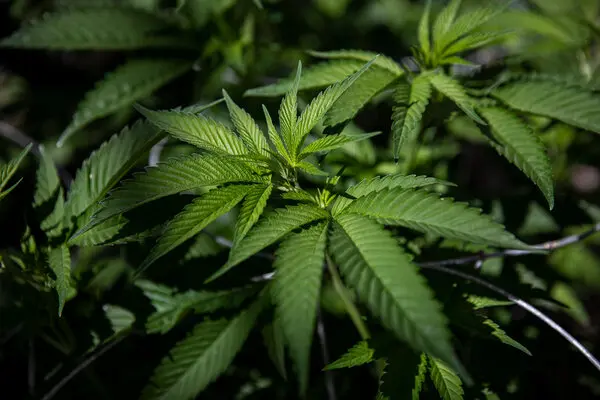By Dr. Clive Gerada – Associate
The first regulation at international level that included Cannabis was in 1925 during the Second Opium Convention. The first psychoactive substance that was regulated at international level was Alcohol – this was followed by opium (circa 1912 – during the First Opium Convention)
There are three important Conventions at international level which relate to Cannabis. The First Convention was drafted in 1961 (known as the Single Convention on Narcotics) this sought to regulate Cannabis in medical and scientific sectors.
The 1971 Convention sought to put in place measures which ensure the control of psychotropic substances (incl. THC) in medical and scientific purposes. This Convention also sought to implement measures to ensure that these psychotropic substances would not divert into the illicit market.
The 1988 Convention sought to enforce measures which the 1961 and 1971 Convention had failed to do. It was particularly drafted to arm contracting parties in the fight against illicit drug trafficking. Nonetheless, similar to both the 1961 and 1971 conventions, the 1988 Convention did not make any provisions relating to legal possession, production or use of Cannabis.
Notwithstanding the International obligations emanating from these three Conventions, the drafters sought to provide flexibility to its Contracting Parties whereby instead of implementing convictions or punishments, governments could impose other alternatives.
This is one of the arguments that is used by Contracting Parties, such as Uruguay, to carry out reforms in their territory when it comes to non-medical use of cannabis.
The ever-strong argument of respecting individual liberties and freedoms is also being used by Contracting Parties to enact legislative reforms concerning non-medical use of Cannabis. Malta is one of these parties making use of such an argument. In fact, the objective of Bill 241, that was passed last December 2021, specifies:
“The objects and reasons of this Bill consist of the establishment of the Authority on the Responsible Use of Cannabis and of the limited decriminalisation of certain cannabis related activities for the purpose of allowing for a balance between individual freedom in the limited and responsible personal use of cannabis and other social requirements.”
Other arguments in favour of regulating non-medical cannabis use relate to the protection of human health, risk and harm reduction (this is also used in the case of Malta) and the need to carry out experimentation to collect data (such as Netherlands and Switzerland).
Part two of this series will deal with EU policy in the field of Cannabis and we shall look at what EU states are doing in the sector of adult-use of Cannabis.
References:
- Obligations and Flexibilities under European & International law: a path towards domestic cannabis adult-use regulation by Augur Associates 2022;
- The Single Convention on Narcotic Drugs of 1961, as amended by the 1972 Protocol;
- The Convention on Psychotropic Substances of 1971;
- The United Nations Convention against Illicit Traffic in Narcotic Drugs and Psychotropic Substances of 1988;
